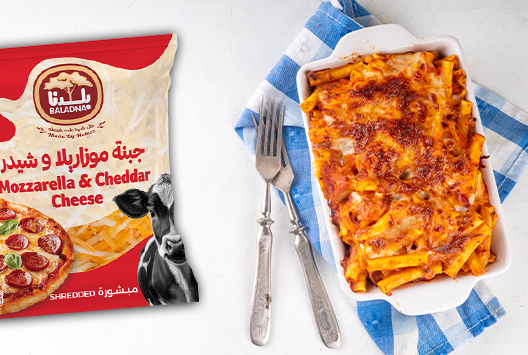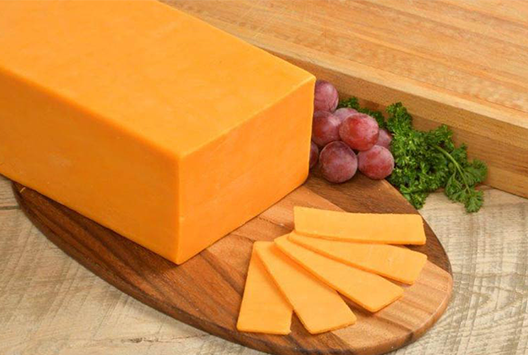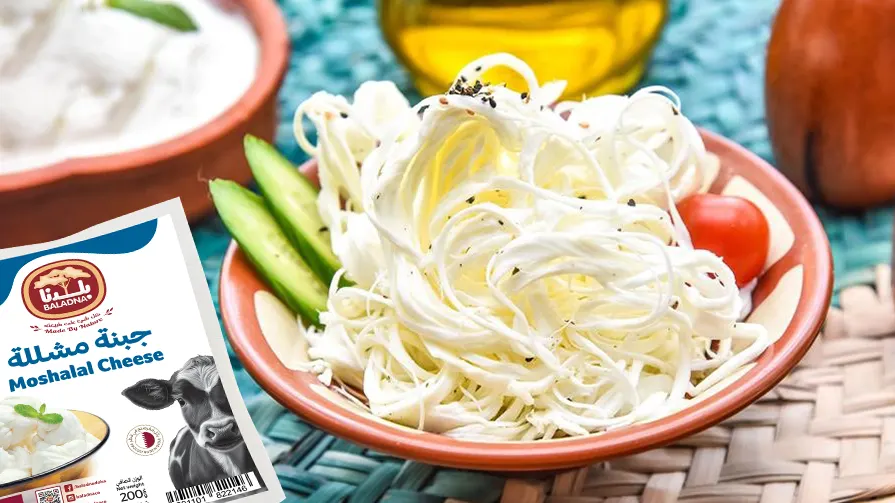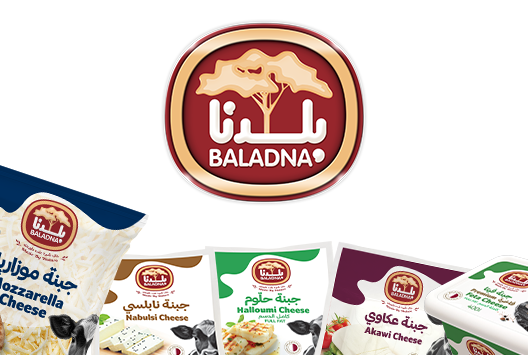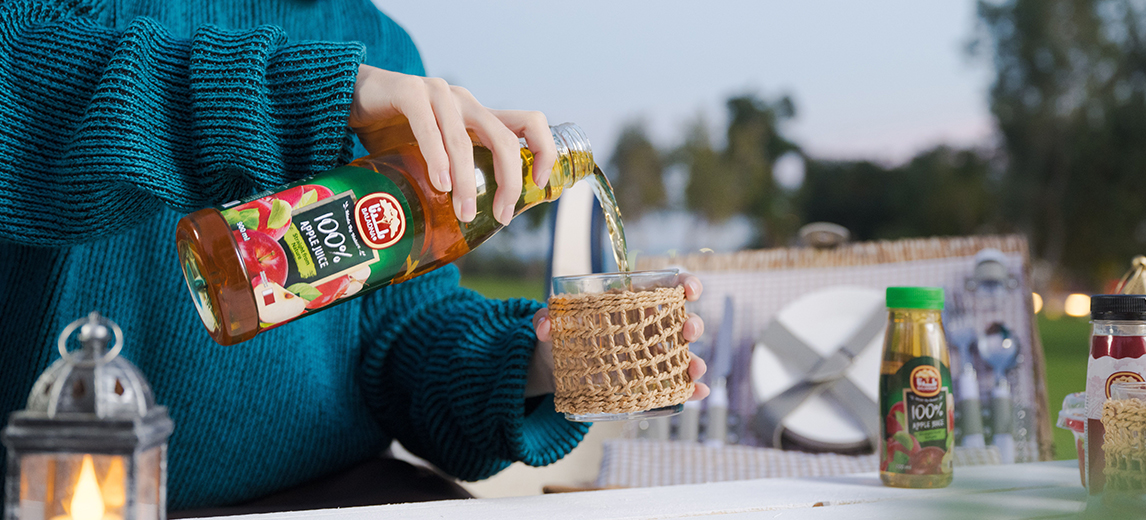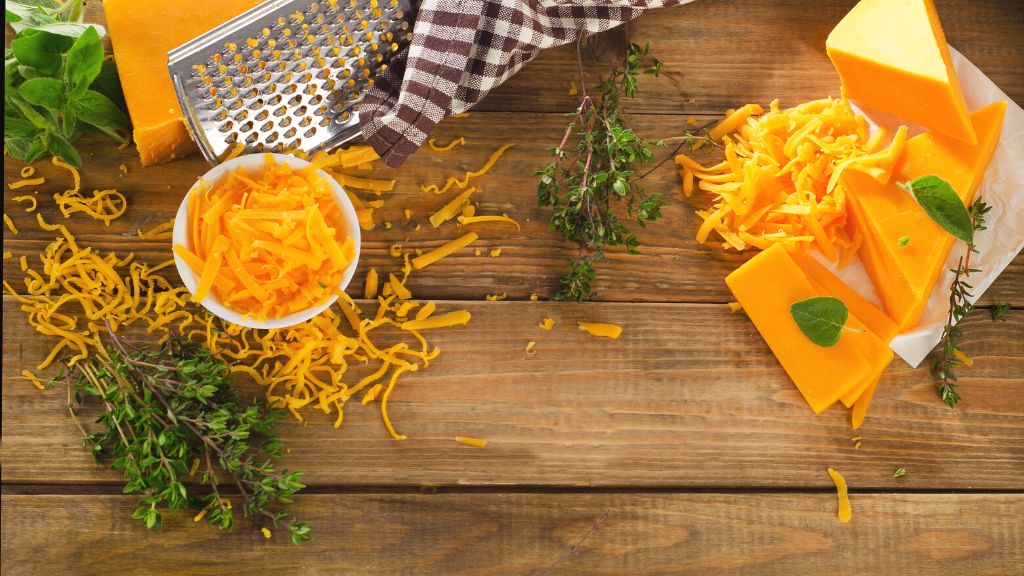
The Etiquette For Serving & Eating Cheddar
The Etiquette For Serving & Eating Cheddar
Cheddar cheese is a delicious and versatile food that can be enjoyed in many different ways. Whether you're looking for a simple snack or a more elaborate dish, there are a few key things to keep in mind when serving and eating cheddar cheese. This comprehensive guide will teach you everything you need to know about how to serve and eat cheddar cheese the right way.
What Is Cheddar, Anyway?
Cheddar cheese is a hard, natural cheese that originated in the English village of Cheddar in Somerset. It is made from cow's milk, and its flavor can range from mild to sharp, depending on how long it's been aged.
Cheddar cheese is a key ingredient in many popular dishes, like macaroni and cheese, and it can also be enjoyed on its own as a snack.
How To Choose The Right Cheddar Cheese
When you're shopping for cheddar cheese, it's important to choose a variety that suits your palate. If you like milder flavors, opt for a young cheddar cheese that hasn't been aged for very long. If you prefer a sharper flavor, look for a block of aged cheddar cheese.
You should also pay attention to the color of the cheddar cheese you're buying. Younger cheddar cheeses are typically white or pale yellow in color, while aged cheddar cheeses are more yellow or orange.
When you're ready to buy cheddar cheese, look for a variety that's sold in a block. This will allow you to cut off as much or as little as you want, and it will also help the cheese last longer.
How to Serve and Eat Cheddar
1. When serving cheddar cheese, be sure to cut it into small, bite-sized pieces. This will make it easier for your guests to eat and will help prevent the cheese from drying out.
2. Cheddar cheese should always be served at room temperature. If it is too cold, the flavors will be muted, and it will be difficult to spread. If it is too warm, the cheese will become greasy and unpleasant to eat.
3. Cheddar cheese pairs well with various foods, including crackers, bread, fruit, and nuts. Be creative and experiment with different flavor combinations until you find what you like best.
4. Cheddar cheese can be used in a variety of recipes, including soups, sauces, gratins, and casseroles. Get creative and experiment by adding cheddar cheese to your favorite dishes.
5. Cheddar cheese can be stored in the refrigerator for up to two weeks. Be sure to wrap it tightly in plastic wrap or aluminum foil to prevent it from drying out.
6. When grating cheddar cheese, be sure to use a coarse grater. This will prevent the cheese from turning into a paste when it is grated.
7. Cheddar cheese is best enjoyed fresh, but it can also be frozen for up to six months. Be sure to wrap it tightly in plastic wrap or aluminum foil before freezing to prevent it from drying out.
A Sharp & Cheesy Note
If you're looking to serve and eat cheddar the right way, there are a few things you should keep in mind. First, make sure to choose high-quality cheddar cheese. Second, take the time to properly prepare the cheese by letting it come to room temperature and slicing it into thin pieces. Third, serve the cheese with complementary foods that will bring out its flavor, such as crackers, fruit, or nuts. And finally, don't forget to enjoy the cheese on its own; it's one of the best ways to appreciate its flavor and texture.
Buy from Baladna
For fresh dairy products made from one of the largest cattle farms in the region, buy Baladna products. Our comfortable and well-conditioned environment houses up to 24,000 cows that deliver high-quality milk, cheese, and more. Take a look at our offerings on our website today.


